- Early Days: When James Earl Jones First Made Money
- First Real Job: Where James Earl Jones Got His Start
- Career Growth: How James Earl Jones Net Worth Started Climbing
- Peak Years: When James Earl Jones Hit Maximum Earning Power
- Final Numbers: The James Earl Jones Net Worth at the End
- Success Secrets: What James Earl Jones Taught Us About Making It
When you hear that deep, commanding voice, you know exactly who it is. James Earl Jones didn't just act—he became part of our cultural DNA. Whether he was bringing Darth Vader to life or making us cry as Mufasa, this man knew how to leave an impression. But here's what's really interesting: the guy who voiced one of the most recognizable characters in cinema history almost didn't get paid what he deserved. So how did a kid with a crippling stutter end up building a multi-million dollar empire? Let's break down the financial journey of a true Hollywood legend.
Early Days: When James Earl Jones First Made Money
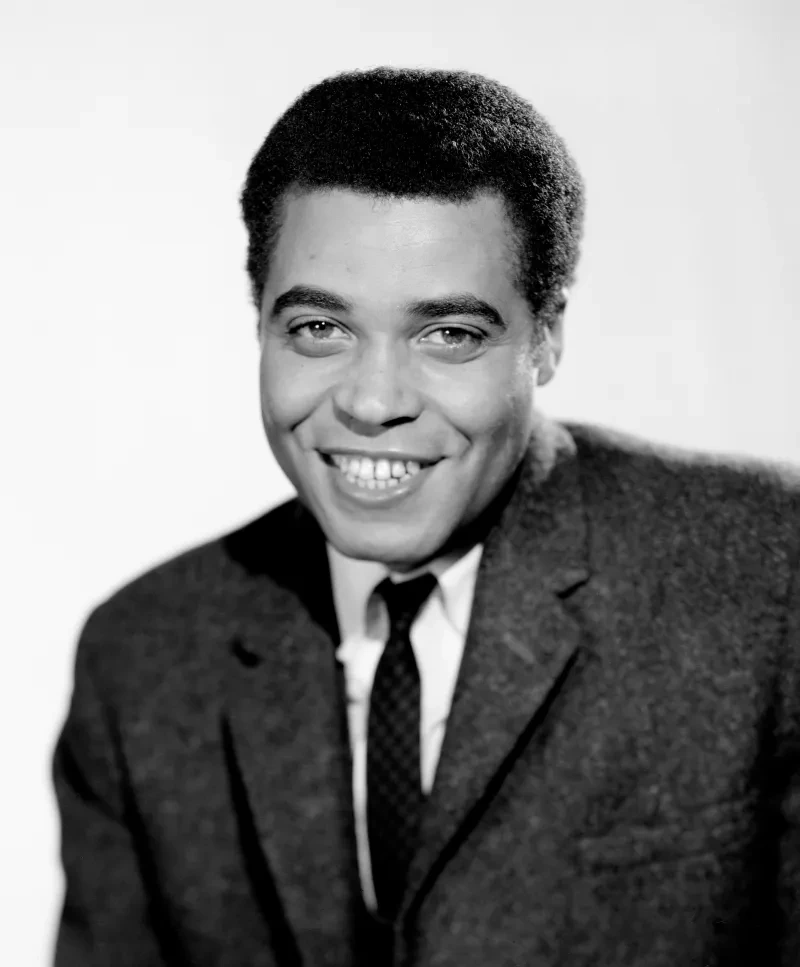
James Earl Jones didn't exactly start with a silver spoon in his mouth. His first paychecks as an actor came in the late 1950s after he'd studied at the American Theatre Wing, and let me tell you, they weren't impressive. We're talking about a guy who had to overcome a severe stutter just to speak, let alone perform. His early theater gigs in New York paid just enough to keep the lights on in his cramped Manhattan apartment. But while the money was tight, something more valuable was happening—he was becoming damn good at what he did. Those off-Broadway stages might not have paid much, but they were his training ground, and every performance was an investment in his future.
First Real Job: Where James Earl Jones Got His Start
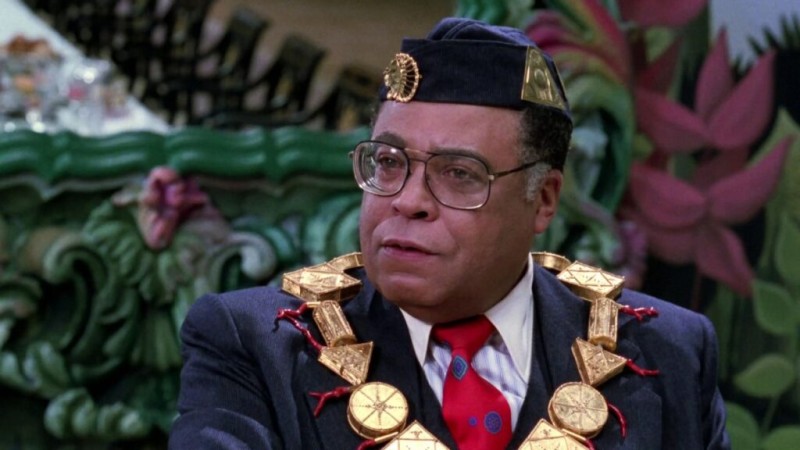
After doing his time in the U.S. Army, Jones landed his first legit professional gig at the Ramsdell Theatre in Michigan. But the real action started when he moved to New York City and joined the American Theatre Wing, eventually becoming a key player in the New York Shakespeare Festival. His Broadway debut came in 1957 with "Sunrise at Campobello," and he was pulling in about $200-300 a week. Not bad for the time, but certainly not getting rich. These early stage roles were about building reputation more than building wealth, but they put him on the map as a serious actor who could handle the heavy dramatic stuff.
Career Growth: How James Earl Jones Net Worth Started Climbing
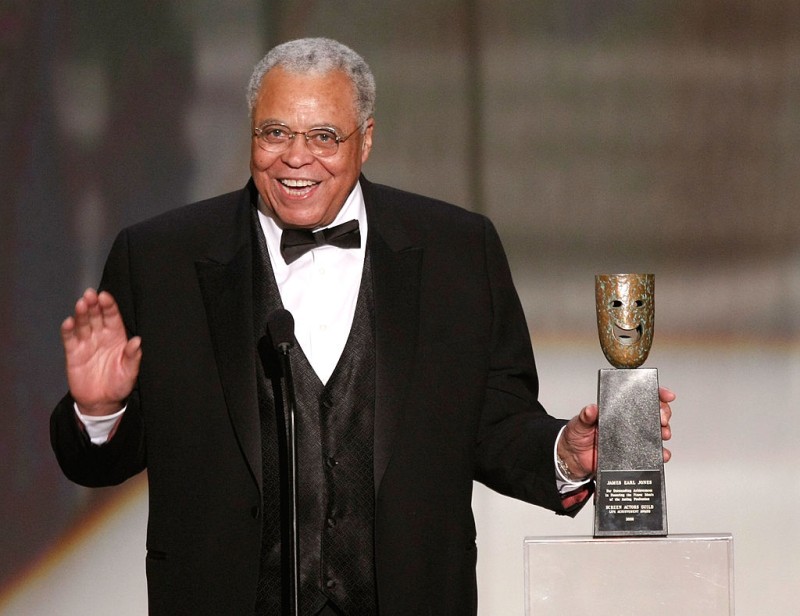
The late 1960s and 1970s were when things really started cooking for Jones. His performance in "The Great White Hope" on Broadway was a game-changer—it won him a Tony Award and suddenly he was worth $2,000-3,000 per week. When Hollywood came calling for the film version, he scored his first big movie paycheck somewhere between $50,000 and $75,000. Not too shabby.
But then came 1977 and the decision that would haunt financial advisors everywhere. Jones agreed to voice Darth Vader in this little space movie called "Star Wars" for a measly $7,000. No residuals, no royalties, nothing. He thought it was just voice work for special effects and didn't even want to be credited. Oops. While that decision cost him millions in the long run, it did make him internationally famous, which meant everyone else had to pay him a lot more.
By the 1980s and 1990s, Jones was cashing serious checks. Movies like "Conan the Barbarian," "Coming to America," and "The Hunt for Red October" were paying him between half a million and a million bucks each. And here's where he got smart—his voice work for "The Lion King" and that iconic "This is CNN" tagline generated ongoing income through residuals and royalties. The Lion King franchise alone probably netted him over a million dollars through all its various versions and merchandise deals.
Peak Years: When James Earl Jones Hit Maximum Earning Power
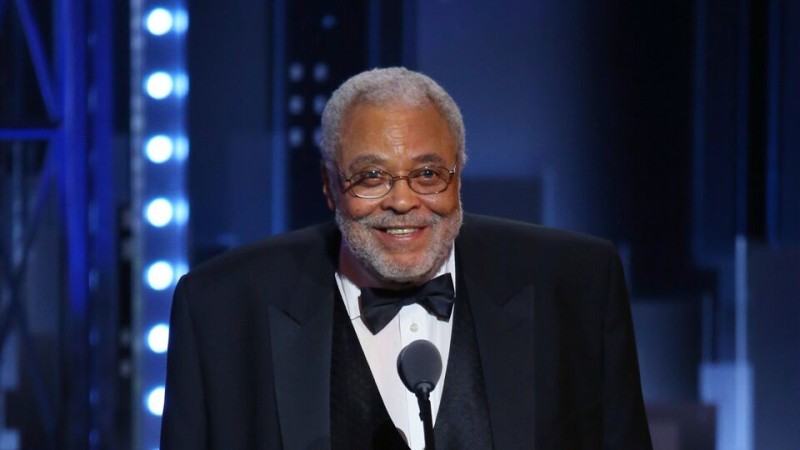
Between the 1990s and 2010s, James Earl Jones was at the top of his game financially. Major film roles were bringing in $1-2 million a pop, and television work could fetch $50,000-100,000 per episode. When Disney brought back "The Lion King" in 2019, they reportedly paid him around a million just to reprise Mufasa's voice. During these peak years, Jones was probably clearing somewhere between $3-5 million annually when you factor in everything—films, TV, theater, voice work, commercials, the whole package. And get this—the man kept doing Broadway into his 80s, earning $30,000-50,000 per week for leading roles. He simply never stopped working.
Final Numbers: The James Earl Jones Net Worth at the End
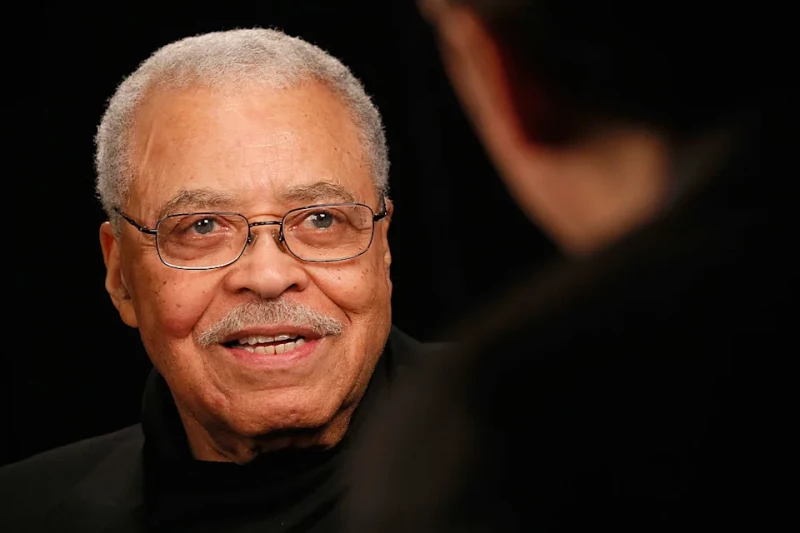
James Earl Jones passed away on September 9, 2024, at 93 years old, leaving behind an estimated fortune of $40-45 million. Not bad for a kid who could barely speak growing up, right? This wealth came from an insane body of work—over 80 films, countless TV appearances, and more stage productions than you can count. What's impressive is that he stayed active almost until the end, still pulling in money from new projects, residuals from his massive catalog, and royalties from his voice work. The james earl jones net worth wasn't just about earning big paychecks—it was also about smart money management, real estate investments, and diversifying his income across every medium available.
Success Secrets: What James Earl Jones Taught Us About Making It
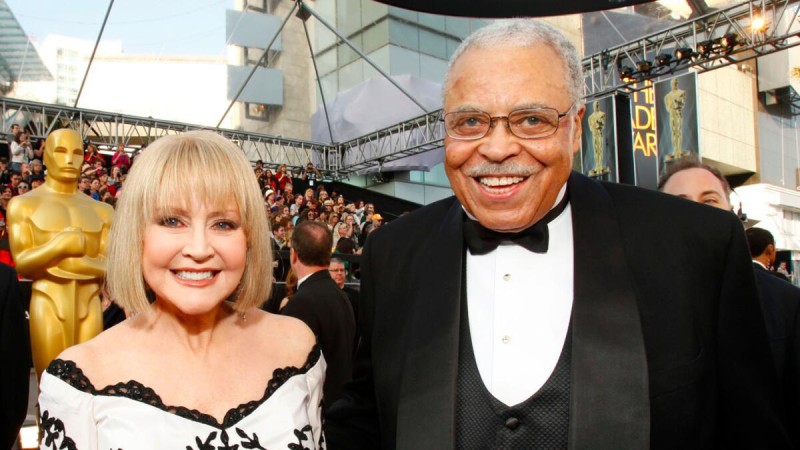
James Earl Jones had some pretty straightforward ideas about success, and they're worth paying attention to. He always said that overcoming his stutter as a kid taught him the most important lesson—resilience. The man believed you had to master your craft before you worried about getting famous or rich. That's why he spent years grinding it out in theater for relatively small money before Hollywood came knocking.
Jones was all about taking risks and not getting boxed in. That's why he did everything—stage, screen, voice work, whatever. He didn't want to be just "the theater guy" or "the movie guy." He wanted to be good at it all. And here's something interesting: he turned down credit and residuals for the original "Star Wars" because he didn't want to take attention away from David Prowse, the guy actually wearing the Vader suit. That's humility right there.
His whole philosophy was that money and fame should be side effects of doing excellent work, not the main goal. He told young actors the same thing over and over: train hard, respect your craft, don't let rejection break you, and never stop learning. He proved that if you stick with it long enough and stay committed to being great at what you do, the money will follow. And honestly? Building a $40-45 million fortune while earning respect from everyone in the industry isn't a bad legacy at all.
 Alex Dudov
Alex Dudov
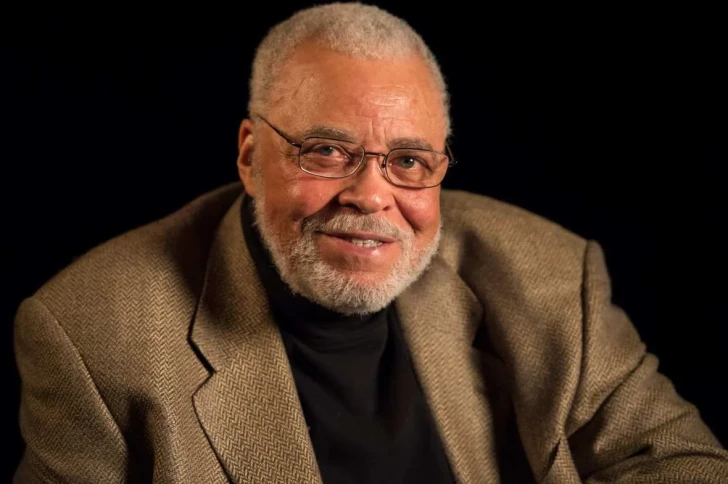
 Alex Dudov
Alex Dudov


